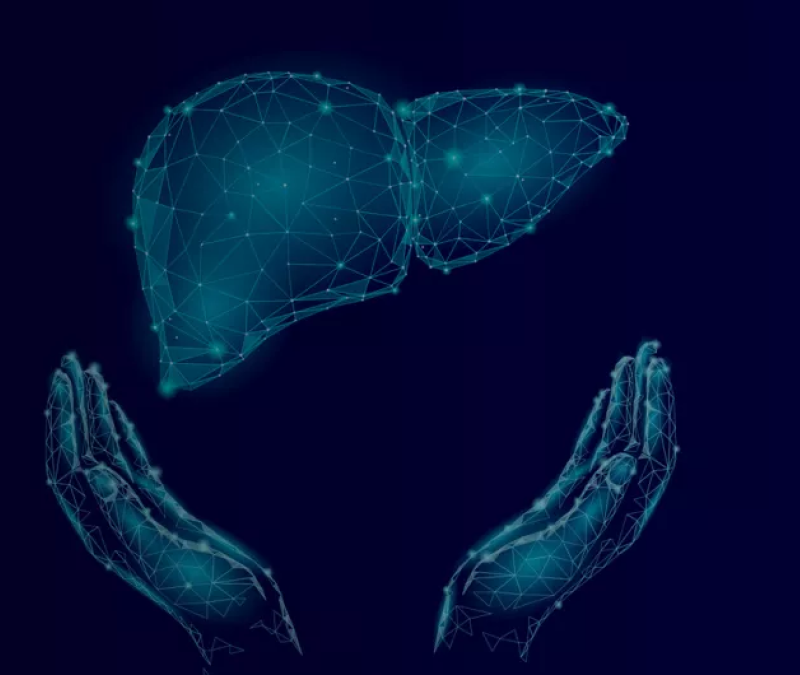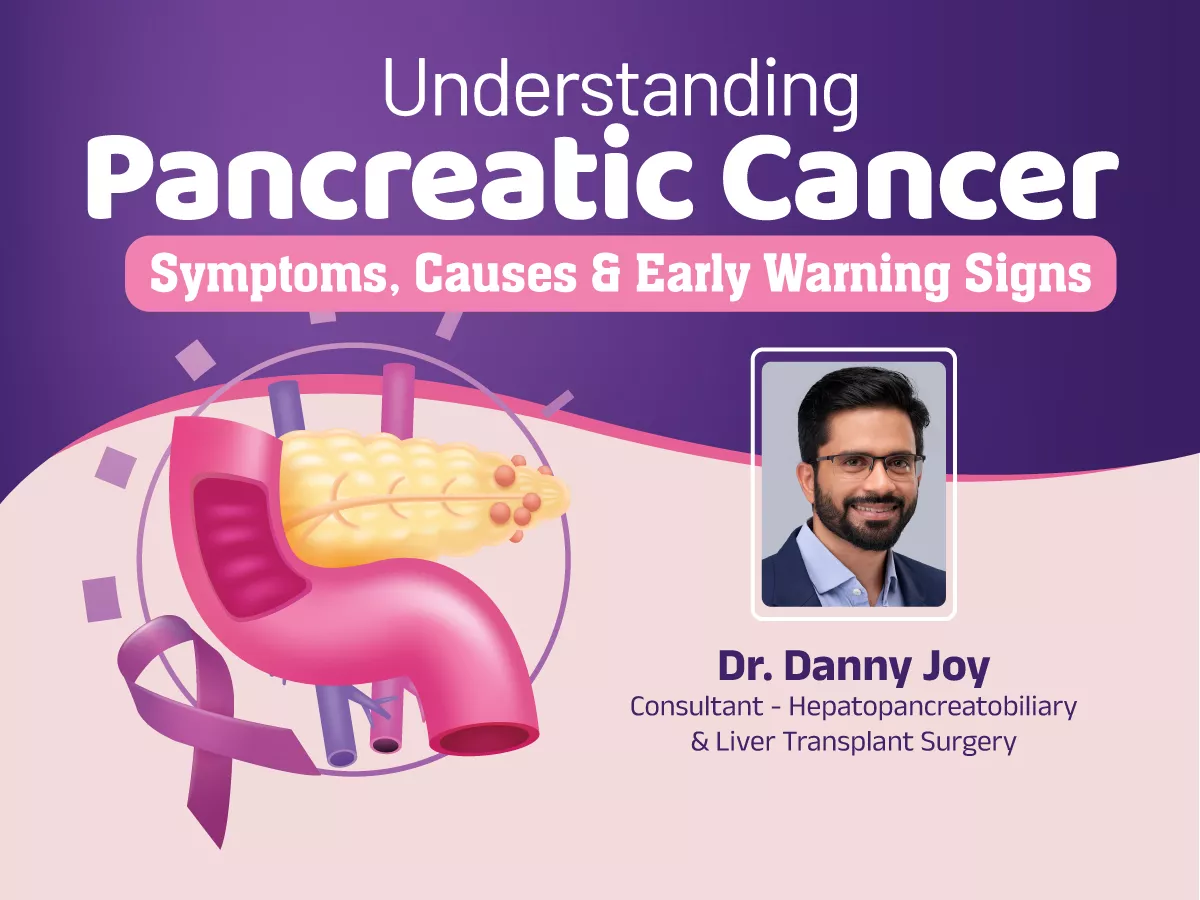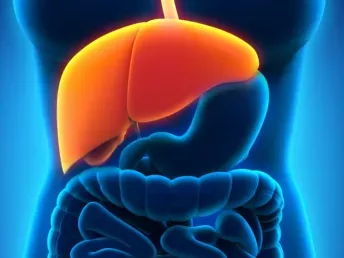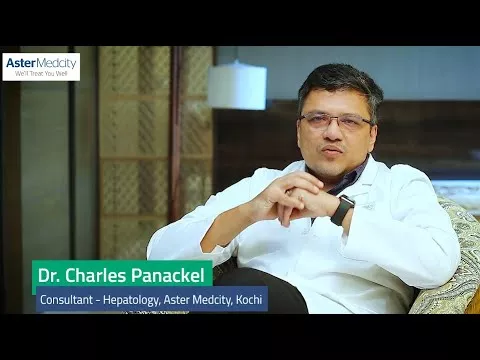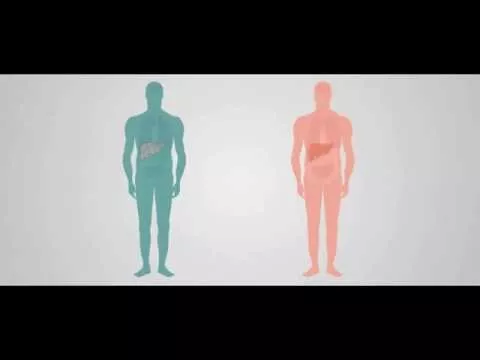The Integrated Liver Care Unit at Aster Medcity offers highly-advanced services for comprehensive management of complex liver diseases and hepato pancreato biliary diseases in both adults and children. The outstanding team of Doctors comprising Hepato Pancreato Biliary & Abdominal Multi-Organ Transplant Surgeons, Hepatologists, Pancreato Biliary Endoscopy experts, Hepato Biliary Radiologists/Interventional Radiologists and Liver Transplant Anesthesiologists have a collective experience of more than 2600 liver transplants, 200 pancreas and 4000 complex liver, biliary and pancreatic surgeries.
Aster Medcity is the first hospital in the world to perform a simultaneous liver transplants in one-year old identical twins who suffered liver failure due to accidental poisoning - a first-of-its-kind case in the world.
Patient Stories
Our patients are our best advocates, hear the inspiring stories of their treatment journey
Blogs
The source of trustworthy health and medical information. Through this section, we provide research-based health information, and all that is happening in Aster Hospital.

